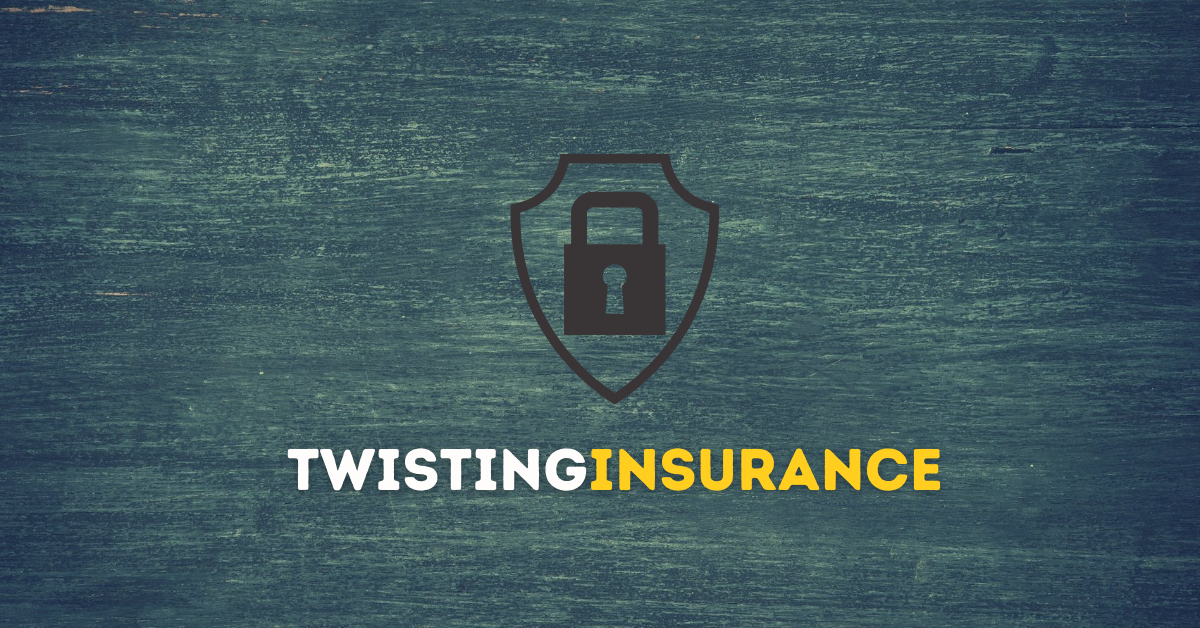So, what exactly is twisting in auto insurance? When an agent encourages a policyholder to abandon its current policy to support a new approach that doesn't serve its interests, it's known as twisting. Sometimes, specific agents are paid cash incentives for selling policies to customers that they don't need and might only be encouraged to make commissions on the sales of procedures they do need. A prime example of this is the practice of "bundling."
In automobile insurance, twisting is a term used to describe the practice of a company or agent encouraging an insured to purchase more than one policy from them. For example, an insurer might persuade an insured to buy an automobile insurance policy from them and then provide another automobile insurance policy to the same insured through another company. The new policy could provide better coverage for the same price, or it might offer lower premiums. The obvious outcome is that both the insurer and the insured will pay higher premiums.
This is just one example of a practice of twisting. Another is a misrepresentation. Here, the insurer intentionally misrepresents the nature of their insurance to induce the insured to purchase a policy from them. Examples of misrepresentation can include telling the customer that they will get a better rate if they buy insurance from them. It can also be the case that an insurer deliberately acts in a manner intended to misguide the insured into purchasing policies from them at a higher price.
Not all insurance companies practice these kinds of practices. Some do not give bonuses to agents who try to encourage consumers to purchase policies from them. Others still may pay cash rebates to policyholders for the first thirty days of purchasing from them. Others still might reimburse a customer's rebate check if they decide to buy insurance from them. Still, others might give cash refunds when the insured requests it. In any case, this kind of misrepresentation and attempt to influence customers into purchasing insurance at a higher premium is considered twisting in the industry.
This kind of twisting is even more devious when an agent tries to convince the policyholder to purchase a package policy that comes with limited coverage. Such packages usually come with very high deductibles, minimal reimbursement options, and often come with a low payout. These packages also carry higher premiums than the individual policies that the agent offers.
What is even worse than agents who twist in the industry is the insurance agents who are merely playing the game. This kind of agent is never out to help their client in any way but to sell policies. They will talk up the product, and the agent's rates will always be very high. When the insured realizes that the product offered is not in his best interest, they will most likely try to get out of the contract.
In these cases, what is even worse than an agent who is blatantly twisting is an agent who is not getting any coverage at all. The insured is stuck with a company that is not offering him any natural range. The insured is stuck paying the total amount of the coverage because the agent did not bother to tell him that there was no coverage available. When the insured seeks to get their claim processed, the insurance agent will try to sell the policy at a high rate.
What is disturbing is that most agents do not even know that they are doing anything wrong. They want to sell their products and therefore will do anything possible to maximize their profits. This is why it has become such a problem in the insurance industry and why rebating has been banned in the United States.





0 Comments